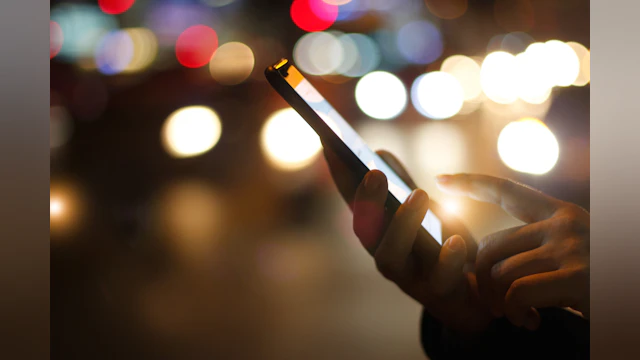This post is presented in collaboration with Active Minds, the national organization dedicated to empowering students to speak openly about mental health.
Jul. 12, 2019- “Instagram? Back in my day, we called our friends on the phone to see what they’re up to.”
It’s a quote I’ve heard more than once from parents and family friends older than me. With the rapid rise of social media, our methods of staying connected to one another and understanding the world around us has evolved. To a certain extent, I can already echo similar sentiments to my parents – I see my middle-school aged brother with an iPhone and his Snapchat groups and I can’t help but reminisce on how much simpler my childhood seemed.
The rapid growth of social media puts teenagers and young adults in particularly complicated situations in regard to mental health and self-confidence. On one hand, social media has the potential to connect people despite distances or time constraints. In a way, platforms such as Facebook and Instagram allow us to create a positive support system of family and friends at our fingertips — at any time during times of stress. College students are able to use such platforms to connect with interest groups on their campuses and within larger community initiatives. More than once, seeing friends’ amusing or heartwarming posts have inspired me in times of stress and I appreciate the connectedness these platforms allow us.
One the other hand, social media can become a source of stress for many people, particularly in developing teens and college students. Research has shown that extended time spent on social media platforms has been linked to issues with anxiety, depression, cyberbullying, and decreased self-confidence. It’s not hard to understand why – the façade of a stress-free, curated lifestyle that many of us portray online can become engrained as an expectation for day to day life. It can be easy to see hurtful or negative comments by friends or extended community and feel isolated in one’s experiences and struggles.
So, how can we use social media to promote positive mental health?
- Join groups that educate and inspire: From webpages such as Humans of New York to Active Minds Inc’s own social media accounts, there are ways to see messages of positivity and humanity online. Actively taking part in these communities allows us to educate ourselves on different worldviews and positive stress-relief strategies that we can spread to loved ones.
- Spread positivity online: Campaigns such as #LoveYourBody and #HereForYou on Instagram have been vital in opening frank conversation about mental health online across a wide range of communities. Choosing to embrace these campaigns and support the groups organizing such movements can allow one to be more involved in online social-justice and mental health initiatives.
- Be a (vocal) positive support system for peers: Platforms such as Facebook and Snapchat allow us to reach out to those who we know may be having a rough day or who are in need of help in some way. Sometimes simply reaching out to check in on someone or to establish that you’re open to talking to people in times of stress can foster a sense of solidarity and togetherness among college students in difficult times.
- Use social media to organize in-person events! Social media allows people all across communities to organize and find local events from stress-less meetings to guest speakers on mental health. Passionate about a certain topic? Use platforms such as Facebook and Instagram to arrange ways to meet like-minded groups and plan events for your local campus.
